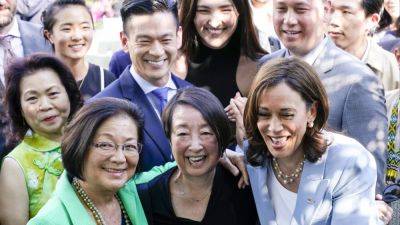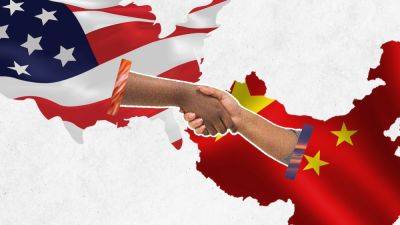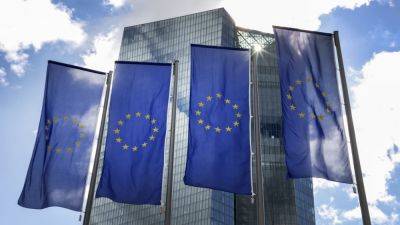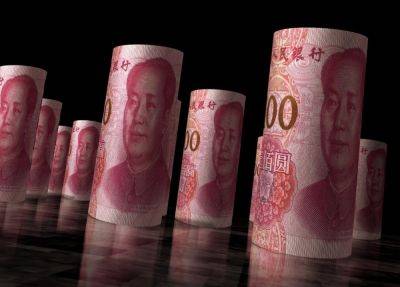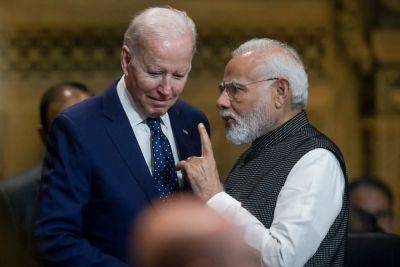Time for a US pivot to Central Asia
Washington aims to absorb strategically vital Central Asia into its sphere of influence, according to a US State Department 2020 strategy document entitled “US Strategy for Central Asia 2019 – 2025: Advancing Sovereignty and Economic Prosperity.” To date, its efforts have come up notably and woefully short.
With a new US administration to take office next year, it’s not too soon for Washington foreign policy mavens to begin considering a new strategic approach to this vast region steeped in natural resources and historical significance for transcontinental connectivity.
What would a fresh US start in Central Asia entail? For starters, it would prioritize diplomatic engagement, de-emphasize geopolitical adventurism and moderate ideological pronouncements.
Diplomacy, which generally presupposes dialogue and compromise, is the smartest, most cost-effective way to resolve conflicts in an increasingly unstable and dangerous world.
The US State Department and the rest of the DC foreign policy establishment would thus be well-advised to stop equating peace with weakness and pointless “forever wars” with strength as if the recent Iraq and Afghanistan conflicts were not enough to engender new thinking.
Moreover, a new emphasis on diplomacy should not be construed as isolationism, which is unachievable even if it were diplomatically desirable, which it is not. Rather, it would represent a revival of the great American foreign policy traditions of John Quincy Adams, William Henry Seward, Dean Acheson, George Kennan, Henry Kissinger and George Shultz.
Smart diplomacy does not mean appeasement, as some disingenuously contend in a bid to block any alternative to America’s current foreign policy. It should retire the tendency of so


